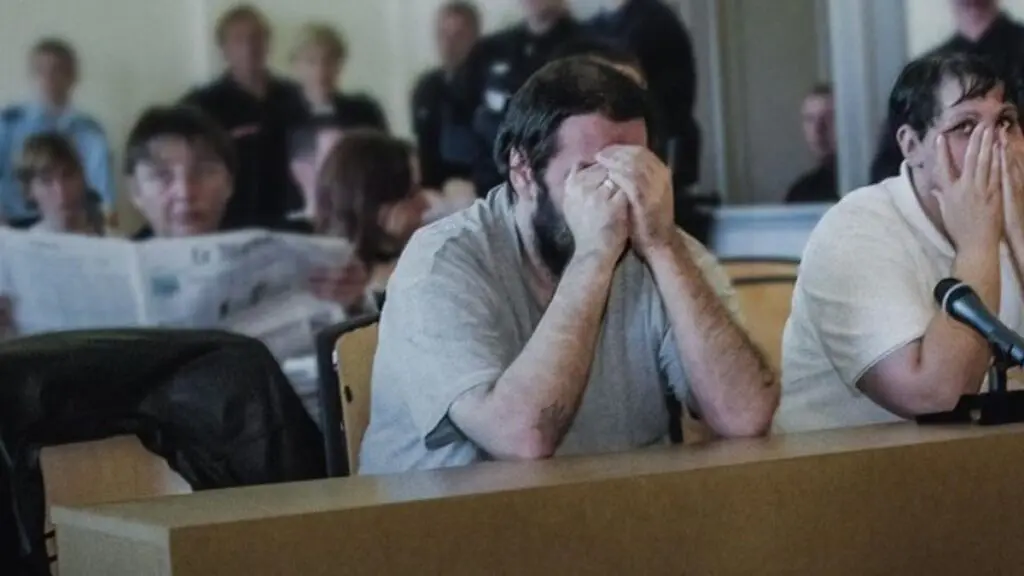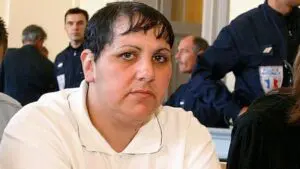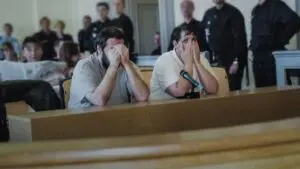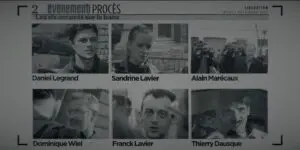The Outreau Case: A French Nightmare tells a shocking and almost unbelievable story of abuse and trauma in a small French town. The subsequent investigation became a complex and twisted affair, with changing stories and accounts, mixed with a media circus in which the whole world became involved. Getting to the actual truth has long been pondered, and this latest series from Netflix tries to offer some clarity. With discretion advised to our readers, here’s our take on what happened.
The Outreau Case Explained and Timeline
The case covered in the Netflix docuseries refers to events that occurred from 1997 to 2000 in the Northern town of Outreau. The parents of the Delay family, Thierry Delay and Myriam Badaoui, were investigated on claims of child abuse after their four sons were taken from the home and placed in care. The subsequent investigation would see over forty adults being accused in what was initially thought to be a paedophile ring within the town, and over fifty children being suggested as victims.
The case began in November 2001. The authorities would make various arrests, including neighbors of the Delay family, and the trial would begin in May 2004. Of the accused, seventeen were placed on trial, with ten eventually being imprisoned. Of the children, twelve were reported to be victims of abuse.
An appeal would be launched after the trial and was scheduled for November 2005, and led to six of the ten accused being released with four remaining in jail. Horrifyingly, some of the accused were parents of children recognized as victims. Many of the accused had been imprisoned for 1 to 3 years before their appeal would be heard. One of those that was falsely detained, died in a pre-trial detention. The falsely accused prisoners were financially compensated and received apologies from President Jacques Chirac.
A parliamentary commission of inquiry took place in 2005 to try to understand what had happened in the case, but by 2006 and 2007, no misconduct was found for those involved in the matter. The public outcry about the way the investigation was conducted, and the testimony from the children being mishandled, led to harming the way testimony from children was taken. Afterward, it was reported that convictions for crimes against children would drop by a huge forty percent in the following ten years.
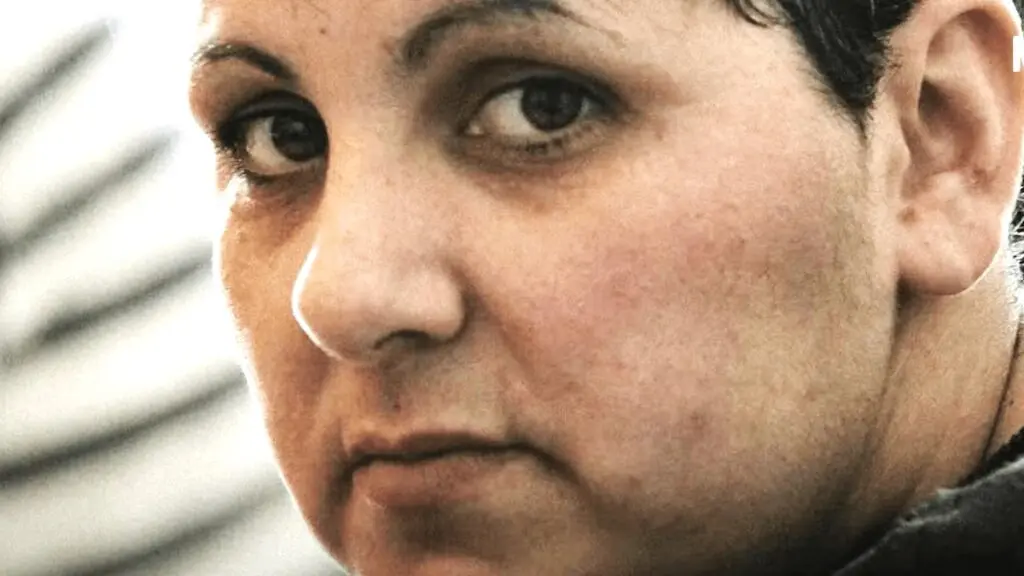
Myriam Badaoui
The Outreau Case Victims and Convictions
The four sons of Myriam Badaoui and her husband Thierry Delay were among twelve victims of the abuse. One of the Delay’s sons, Jonathan, would be very vocal about his trauma, going on to write a book about the subject and to speak openly about the case in various media and publications.
However, the testimony from some of the children would vary wildly, and often be inconsistent and malleable. The police were relying on the testimony, sometimes from children as young as four years old, and with a lack of physical evidence, it is alleged that the authorities would use aggressive interrogation techniques when questioning the children involved.
The case resulted in four convictions comprising two couples — the parents of the Delay brothers and their neighbors, David Delpanque and Aurelie Grenon — and the acquittal of thirteen of the seventeen accused. The four convicted abusers had not appealed their sentences. Thierry Delay was jailed for twenty years, with his wife receiving fifteen years. Thierry, his wife, and one of the neighbors would confess that they had wrongfully accused other people who were not involved in the case. Badaoui, who had admitted she lied about her accusations, told the court she was a “sick woman and a liar.” She admitted to sexually abusing her four children and named neighbors, friends, and other residents of the town as also having participated, with a priest, taxi driver, and court bailiff from a nearby town ultimately among the people accused.
Why was the case controversial?
The complex web of lies and deceit made the case a nightmare for everyone involved, and even today many aspects of the case are left with question marks. Some investigators still believe that others may have been involved and were released through the appeal process, and the constantly changing testimony would lead one reporter to call the case “a judicial Chernobyl”.
The case rocked the way future cases were handled, and the way the media covered the story was also scrutinized. In 2006, a special parliamentary inquiry was broadcast live on television, the first time this ever happened. Events covered included the role of experts in the case, drawing conclusions too quickly from the testimony by some of the children, and the responsibility of the judges.
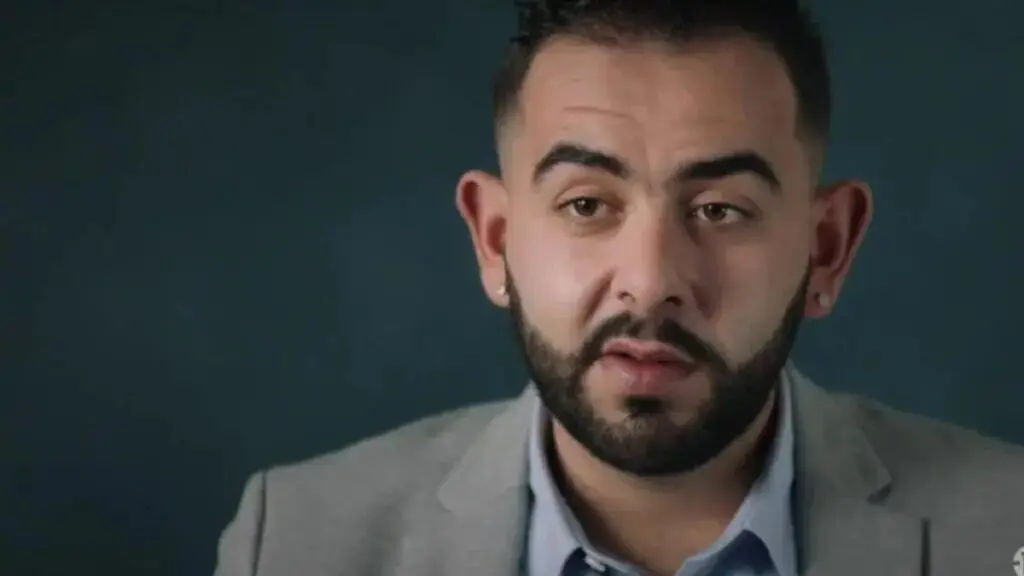
Jonathan Delay | Image via Netflix
Subsequent convictions involving the case
According to Wikipedia,
“On February 23, 2012, the criminal court of Boulogne-sur-Mer sentenced Franck and Sandrine Lavier, two acquitted from Outreau, to ten and eight months in prison respectively, suspended for habitual violence (not of a sexual nature) against two of their children. On November 2023 Franck Lavier was sentenced to six months in prison for sexual assault on his daughter.”

